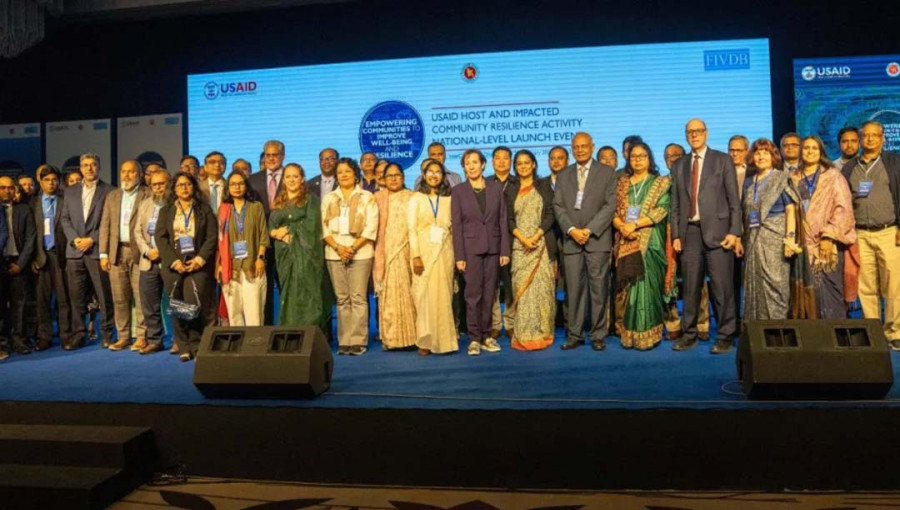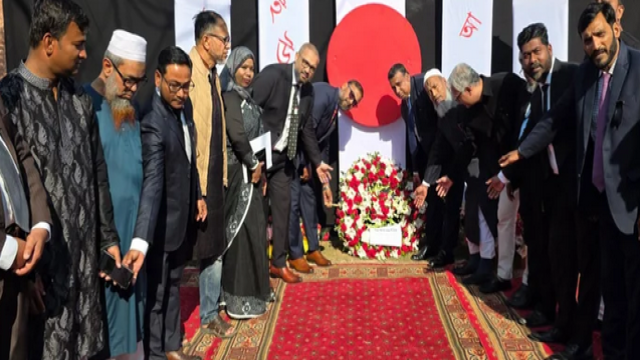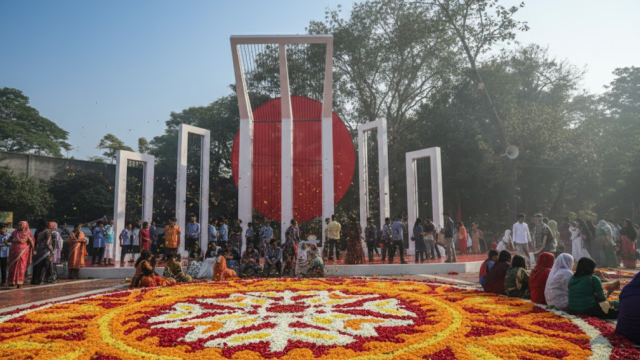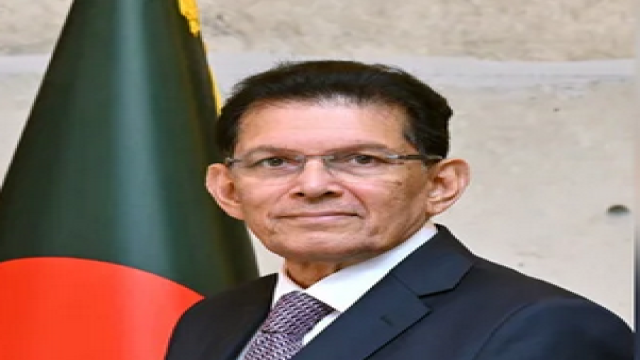Dhaka, Jan 20 (V7N) —Environment, Forest, and Climate Change Adviser Syeda Rizwana Hasan said on Monday that despite experiencing significant impacts, the country's hilly regions are overlooked in climate change efforts.
“When discussing climate change and adaptation, we typically focus on Cox’s Bazar and the coastal regions, but we seldom mention the hill areas, where climate impacts are equally severe,” she said.
She made these remarks during the national launch event for the “USAID Host and Impacted Community Resilience Activity” project at the InterContinental hotel.
This is a new initiative from the United States to assist communities affected by the Rohingya crisis.
With a budget of $70,199, this five-year project will be carried out in four districts—Cox’s Bazar and three districts in the Chittagong Hill Tracts (CHT)—to empower these communities to enhance their well-being and resilience.
Focusing on the importance of this project, Adviser Rizwana expressed gratitude to the US government and USAID for extending their support to a region that is often overlooked in discussions about climate change.
She said that the resource-rich CHT districts and Cox’s Bazar should be seen as areas of potential rather than as problems.
“The resource-rich regions such as Cox’s Bazar and the hill districts of Bangladesh should indeed be recognized as areas of potential, not problems. Unfortunately, they have been transformed into conflict zones and problematic areas due to various factors and geopolitical influences,” she added.
Rizwana, who also serves as the Water Resources Adviser, mentioned that the Department of Public Health and Engineering has reported that they provide water to 63% of the population in Rangamati, 61% in Bandarban, and 78% in Khagrachhari.
“If we take these government statistics to be accurate, then a significant portion of the population remains underserved and lacks access to public water supply,” said Rizwana, adding that the USAID project focused on water supply will significantly benefit those who are overlooked and not connected to the government's existing network.
Highlighting the popularity of indigenous cuisine from Dhaka’s restaurants, she said that in today’s internet era and the current influx of tourism, Bangladeshi people have developed an appreciation for indigenous food, a form of cultural respect.
She pointed out that indigenous food, clothing, jewelry, and agricultural production systems can be supported to find a place in mainstream markets.
END/MSS/AJ































Comment: